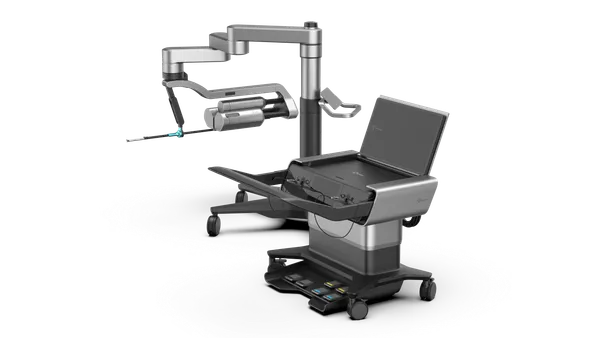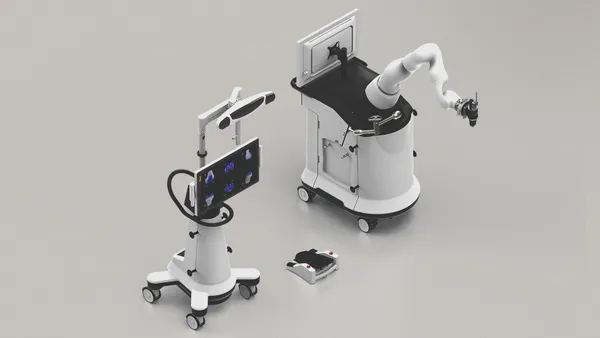Dive Brief:
-
Medtronic has shared more clinical data on the use of its cryoballoon ablation device as a first-line treatment for paroxysmal atrial fibrillation, with the New England Journal of Medicine on Monday publishing findings from a company-backed study in conjunction with an American Heart Association meeting.
-
Physicians typically use anti-arrhythmic drugs when patients first present with this type of intermittent rapid heart rate but growing confidence in the safety and efficacy of ablation have driven interest in using it as a first-line treatment. The NEJM paper adds evidence to support first-line use.
- The STOP AF trial linked cryoablation with Medtronic's catheter to improvements in quality of life from baseline, adding to success against the primary endpoint reported in August.
Dive Insight:
Evidence linking ablation to a lower rate of AF than anti-arrhythmic drug therapy began to emerge in the late 1990s. Last year, a randomized clinical trial sponsored by Mayo Clinic validated the benefit of ablation in terms of preventing recurrence out to 48 months. Most of the patients in the Mayo Clinic trial had tried one rhythm control drug prior before joining the study.
Medtronic designed its 225-subject trial to compare its approach to catheter ablation to drug therapy in treatment-naive patients with this type of atrial fibrillation. In August, Medtronic said ablation was successful in 75% of patients at 12 months, compared to a 45% success rate in the drug cohort. Treatment success was defined as freedom from negative outcomes including subsequent atrial fibrillation surgery and atrial arrhythmia recurrence.
The top-line data validated the use of cryoballoon ablation as a first-line treatment, giving Medtronic ammunition to support its efforts to establish its device as the go-to option for the treatment of new paroxysmal atrial fibrillation patients. The NEJM paper contains additional data.
The trial showed one-third of participants randomized to receive drug therapy went on to undergo catheter ablation after experiencing side effects or the recurrence of their arrhythmia. In the initial ablation arm, quality of life scores, as measured by two scales, improved significantly from baseline. There were no significant differences in freedom from cardiovascular healthcare utilization events between the ablation and drug cohorts.
The safety results were in line with experience from using ablation in patients failed by drug therapy. Fourteen percent of participants in the ablation and drug arms experienced a serious adverse event. No subjects suffered pulmonary vein stenosis, although it is possible the trial was too small to detect such a rare outcome.
Medtronic competes for the cryoablation market with companies including Adagio Medical, which raised $42.5 million last week, and Boston Scientific, the manufacturer of the POLARx system. Other companies, including Abbott, sell devices that use radiofrequency to ablate cardiac tissue, while AtriCure has built a business upon devices used to treat atrial fibrillation during open heart surgery.











